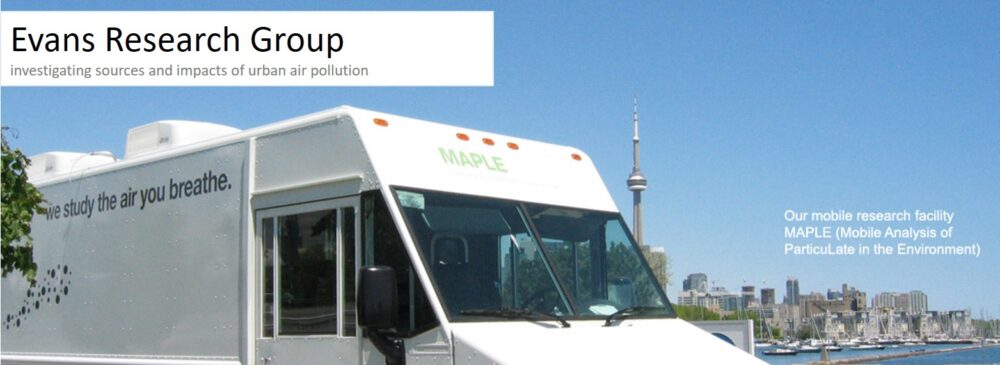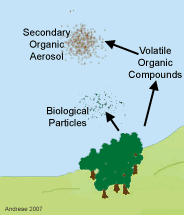In SOCAAR seminar held on April 6th Dr. Shunsuke Nakao, Assistant Professor at Clarkson University presented a theoretical framework used to study the aging of atmospheric organic aerosol.
Organic aerosol change (i.e. oxidize) as they age in the atmosphere and are nuclei for cloud formation. Having an understanding of the change in cloud condensation nuclei (CCN) activity of organic aerosol as they evolve overtime can be used to identify the impact of organic aerosol on the climate.
Results obtained from this theoretical framework developed based on CCN activity, solubility, density, and volatility relationships were compared to previously reported data obtained from mostly empirical studies. Specifically, Korg, which represents the relationship between O/C ratio and cloud condensation nuclei activity was evaluated.
Key take-aways from the theoretical framework include: K relates to the size of the dissolved solute and does not depend on polarity for soluble materials. The framework is determined to be a good system for investigating isoprene secondary organic aerosol (SOA). Furthermore, CCN measurements can be complementary to traditional volatility measurements.

